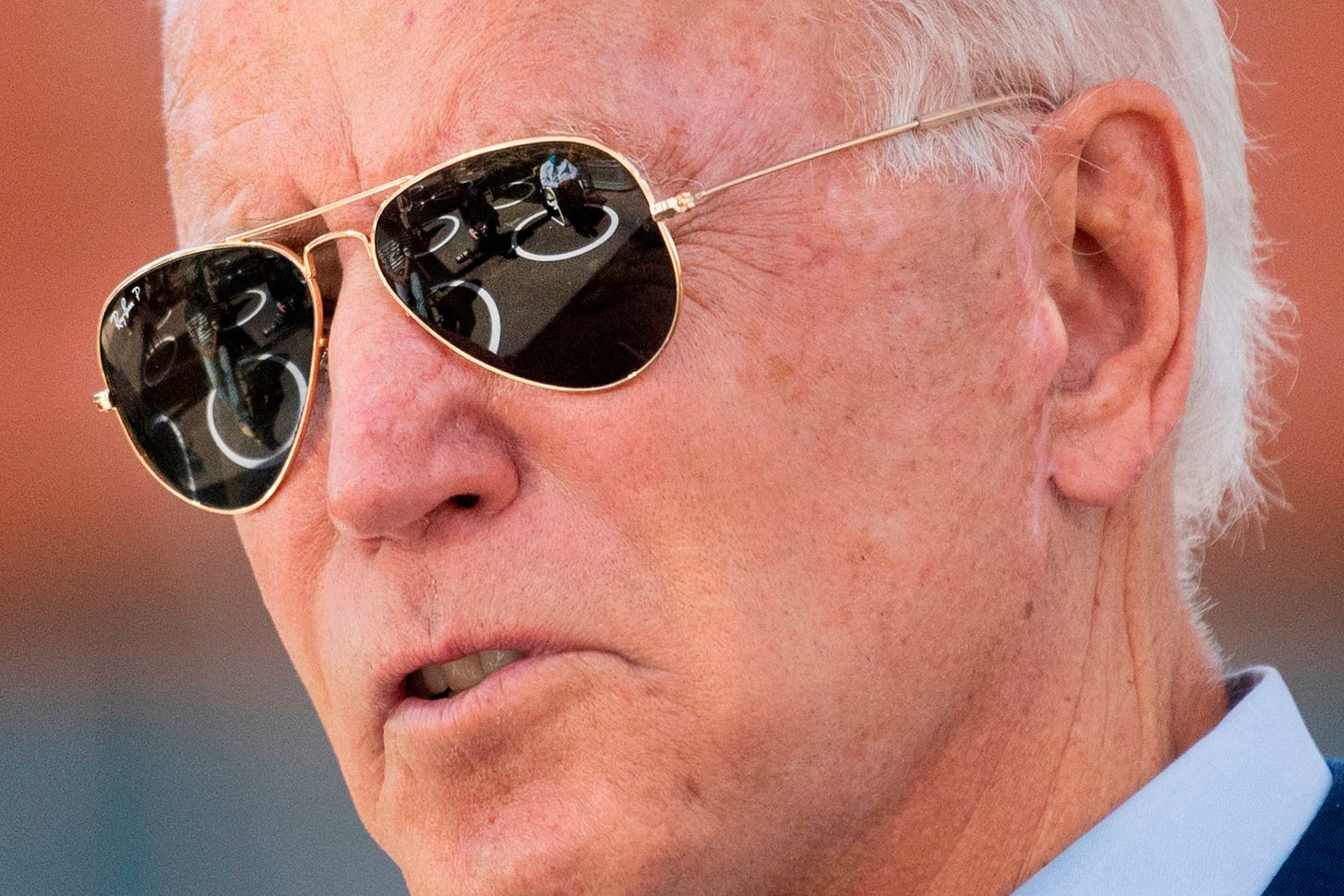How to Make Biden’s COVID Task Force Better
Biden is following the science. But he needs input from industry, too.

President-elect Biden’s Monday announcement of his COVID task force offered an initial look at his thinking and approach to expertise. The good news is the deep biomedical background of each member—a clear indication that science, as Biden has repeatedly emphasized, will be prioritized in his administration.
However there was one point of weakness in the group Biden selected: a lack of industry experience. Most of the group are academics, several have experience in the government or nonprofit sector—all of which is valuable. But having a voice in the room who understands the biomedical industry would be valuable, too.
There is a tendency to view all the relevant biomedical expertise as residing in academia, with industry cast as the grifting profiteer who seizes what university researchers have developed, and earns outsized returns by simply doing the sleazy work of marketing.
But that’s not how drug development actually works.
Medical product development is a complicated, risky, and iterative process, associated not only with a remarkably high failure rate, but also requiring distinct skills and real expertise. Translating even a robust academic finding (and many prove not to be especially robust, or even replicable) from a published paper into a safe and effective therapeutic is difficult and demanding work, involving what’s often a complementary skill set to that generally found in academics.
While the Trump administration’s relationship with science—how to put this euphemistically—left something to be desired, its most prominent scientific successes came precisely because it valued industry expertise. Dr. Scott Gottlieb, for instance, was a phenomenally effective FDA Commissioner. He succeeded in large measure because of his sophisticated understanding of the biopharmaceutical industry. And it is important to remember that when Gottlieb was first nominated, he was actually criticized by academics for this experience.
Similarly, the accelerated development of many vaccine candidates (though not Pfizer’s) was driven by Operation Warp Speed under the leadership of industry vet Moncef Slaoui, who has been subject to nearly-constant assault by critics in academia and the media who reflexively disdain anyone with roots in large pharma.
(Notably, Pfizer’s vaccine development, like others, was catalyzed by the U.S. government’s commitment to purchasing millions of doses once the vaccine passes muster at the FDA; Pfizer’s partner, German biotech company BioNTech, received significant development support from Berlin.)
Biden reportedly will continue adding to his Task Force—which is good news. Hopefully, both his task force and his administration as a whole will include experts reflecting a range of experiences, including lived experience within the biopharma and technology ecosystems.
Specific suggestions, in addition to Gottlieb and Slaoui, include:
Dr. Amy Abernethy, currently Principal Deputy Commissioner at the FDA, the top non-political role. Abernethy brings the perspective of both an academic oncologist and a sophisticated health data technologist, and played a pivotal leadership role at the oncology data company Flatiron, which was acquired by Roche in 2018 for around $2 billion. While working largely under the political radar at the FDA, Abernethy has led a range of technology modernization initiatives, as well as efforts to leverage data from the clinical care of COVID patients to accelerate the evaluation and development of effective diagnostics, therapeutics, and vaccines.
Dr. Taha Kass-Hout, a cardiologist and AI expert, has previously pioneered the use of emerging technologies at both the CDC (in electronic disease surveillance) and the FDA, where he was the Agency’s first Chief Health Informatics Officer, and established both the OpenFDA and PrecisionFDA data sharing initiatives. He is currently Chief Medical Officer at Amazon Web Services.
Dr. Karen DeSalvo, an internal medicine physician and population health and policy expert, earned plaudits for her instrumental work helping Louisiana recover from Hurricane Katrina. DeSalvo served in the Obama administration as the National Coordinator of Health Information Technology, and is now the Chief Health Officer at Google.
Dr. Roy Vagelos, a physician and former Merck CEO, is perhaps equally well known for his rigorous science, his view towards the future, and his high ethical standards. In addition, astute as ever at the age of 91, he might serve as an inspiration to the incoming 78 year-old president.
Dr. Susan Desmond-Hellmann trained in infectious diseases and experienced the early days of the HIV epidemic acutely, when she was on the faculty at UCSF. She subsequently garnered praise for her leadership at Genentech, where she was President of Product Development. She has also served as Chancellor of UCSF, and was CEO of the Gates Foundation from 2014 to 2020, departing earlier this year to return to UCSF.
Not only would each of these experts bring valuable additional private sector perspective to a Biden administration, but their careers also serve to highlight the increasing opportunities at the intersection of biopharma and technology, and offer the promise of ensuring government benefits from the explosive learning occurring within companies operating at the frontiers of these essential domains.

